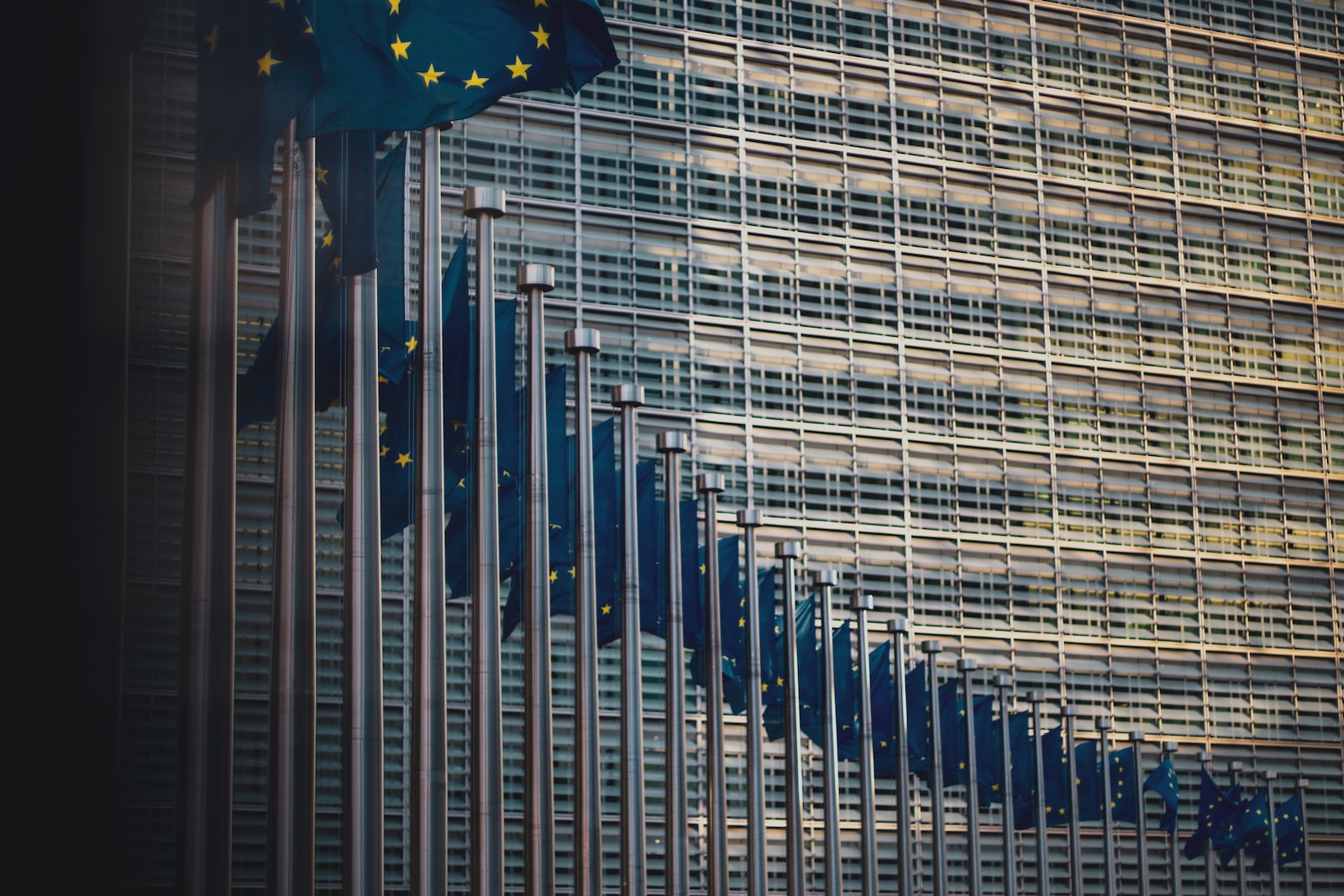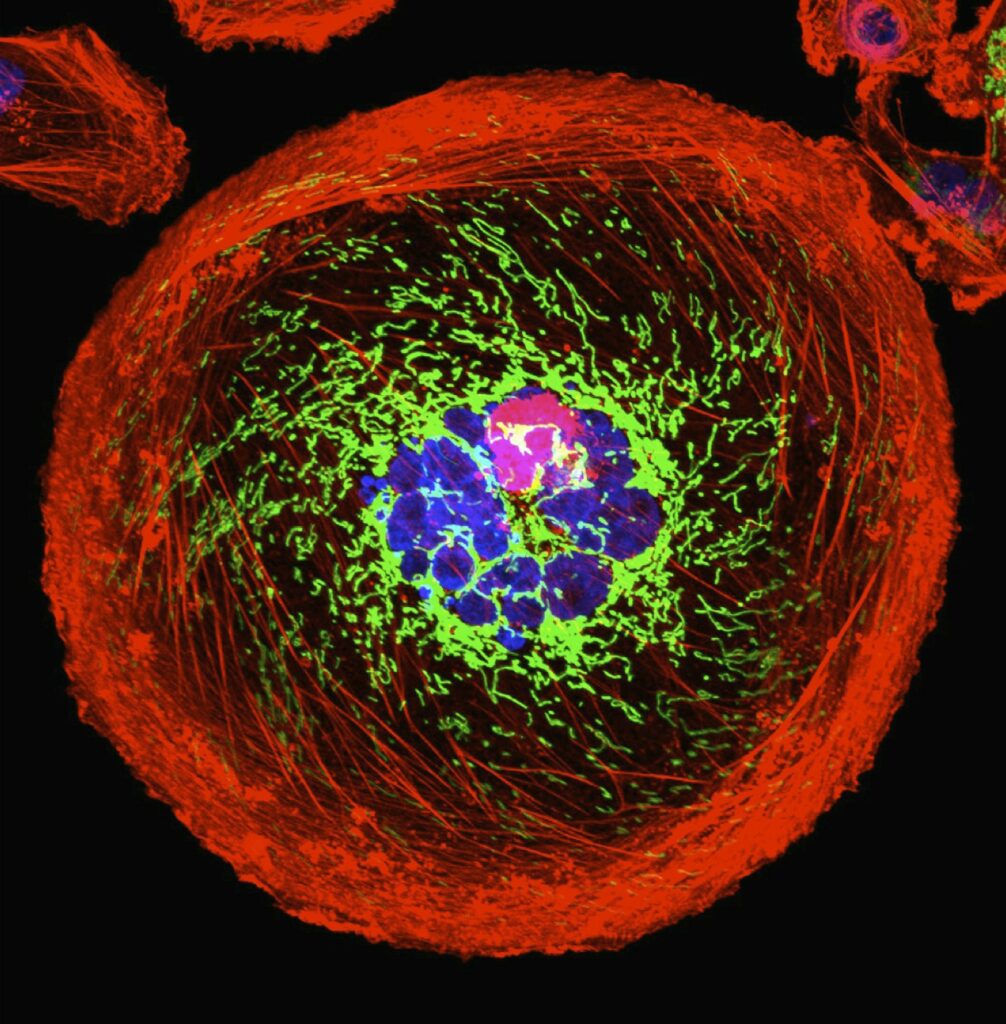Insider Brief
- The European Commission will provide up to €8.1 billion in public funding for microelectronics and communication technologies.
- The funding will contribute to advance of sectors, including quantum computing, communications (5G and 6G), autonomous driving and artificial intelligence.
- Member States include Austria, Czechia, Finland, France, Germany, Greece, Ireland, Italy, Malta, the Netherlands, Poland, Romania, Slovakia and Spain.
PRESS RELEASE — The Commission has approved, under EU State aid rules, an Important Project of Common European Interest (‘IPCEI’) to support research, innovation and the first industrial deployment of microelectronics and communication technologies across the value chain.
The project, called “IPCEI ME/CT”, was jointly prepared and notified by fourteen Member States: Austria, Czechia, Finland, France, Germany, Greece, Ireland, Italy, Malta, the Netherlands, Poland, Romania, Slovakia and Spain.
The Member States will provide up to €8.1 billion in public funding, which is expected to unlock additional €13.7 billion in private investments. As part of this IPCEI, 56 companies, including small and medium-sized enterprises (‘SMEs’) and start-ups, will undertake 68 projects.
IPCEI ME/CT

The IPCEI ME/CT concerns research and development projects covering microelectronics and communication technologies across the whole value chain from materials and tools to the chip designs and manufacturing processes.
These projects aim at enabling the digital and green transformation by: (i) creating innovative microelectronics and communication solutions, and (ii) developing energy-efficient and resource-saving electronics systems and manufacturing methods. They will contribute to the technological advancement of many sectors, including communications (5G and 6G), autonomous driving, artificial intelligence and quantum computing. They will also support companies active in the energy generation, distribution and use in their green transition.
First novel products may be introduced to the market as early as 2025 and the completion of the overall project is planned for 2032, with timelines varying in function of the project and the companies involved. Around 8.700 direct jobs are expected to be created, and many more indirect ones.
IPCEI ME/CT follows and complements the first IPCEI to support research and innovation in the field of microelectronics, approved by the Commission in December 2018.
The Commission assessment
The Commission assessed the proposed IPCEI under EU State aid rules, more specifically its 2021 Communication on Important Projects of Common European Interest (‘IPCEI Communication’). Where private initiatives supporting breakthrough innovation fail to materialise because of the significant risks such projects entail, the IPCEI rules enable Member States to jointly fill the gap to overcome these important market failures. At the same time, the IPCEI rules ensure that the EU economy at large benefits from the supported investments and limit potential distortions to competition.
The Commission has found that the IPCEI ME/CT fulfils the required conditions set out in its Communication and is in line with State aid rules.
In particular, the Commission concluded that:
- The IPCEI ME/CT directly contributes to achieving several EU objectives of a greener, digital, more secure, resilient and sovereign economy set out in key EU policy initiatives, such as the Europe’s Digital Decade and the European Green Deal.
- All 68 projects part of the IPCEI are highly ambitious, as they aim at developing technologies that go beyond what the market currently offers and will allow major improvements, notably in the areas of sensors, high performance processors, microprocessors including artificial intelligence, actuators and communication means for secure data exchange.
- The IPCEI also involves significant technological and financial risks. Therefore, public support is necessary to provide incentives to companies to carry out the investment.
- Aid to individual companies is limited to what is necessary, proportionate and does not unduly distort competition. In particular, the Commission has verified that the total planned maximum aid amounts are in line with the eligible costs of the projects and their funding gaps. Furthermore, if large projects covered by the IPCEI turn out to be very successful, generating extra net revenues, the companies will return part of the aid received to the respective Member State (claw-back mechanism).
- The results of the project will be widely shared by participating companies benefitting from the public support with the European scientific community and industry beyond the companies and countries that are part of the IPCEI, including through conferences, publications, access to pilot and production facilities or licensing of intellectual property rights. As a result, positive spill-over effects will be generated throughout Europe.
Funding, participants and structure of the IPCEI
The IPCEI involves 68 projects from 56 companies. These direct participants will closely cooperate through more than 180 envisaged cross-border collaborations.
The 68 projects are part of the wider IPCEI ME/CT ecosystem involving over 30 associated participants, including universities, research organisations and companies located in five additional EU Member States (Belgium, Hungary, Latvia, Portugal, and Slovenia) and Norway. Public support to projects handled by research organisation do not require the Commission’s approval, as it does not qualify as aid. The companies, which seek limited aid amounts, can obtain the public support under General Block Exemption Regulation, which therefore does not need to be notified to the Commission for approval. Their innovative projects are not considered part of the IPCEI as such.
In addition, there are around 600 indirect partners which are companies or organisations that hold collaboration agreements with one or more direct participants of IPCEI ME/CT and that can therefore benefit from the various dissemination activities.
Several Member States (Austria, Czechia, Finland, France, Germany, Italy, Latvia, Romania, Slovakia and Spain) included their participation in the IPCEI ME/CT in their Recovery and Resilience Plans. These Member States have the possibility to partly fund their projects through the Recovery and Resilience Facility.
More information on the amount of aid to individual participants will be available in the public version of the Commission’s decision, once confidentiality issues have been resolved with Member States and third parties.
For more market insights, check out our latest quantum computing news here.



















